
Ever bought something that felt exciting for five minutes, then just sat there collecting dust? Minimalists skip that cycle by sticking to a few simple rules—and their homes, wallets, and minds thank them for it. If you’re ready to shop smarter and feel lighter, this might be the nudge you didn’t know you needed. Let’s make your next buy a better one.
Trendy Home Decor
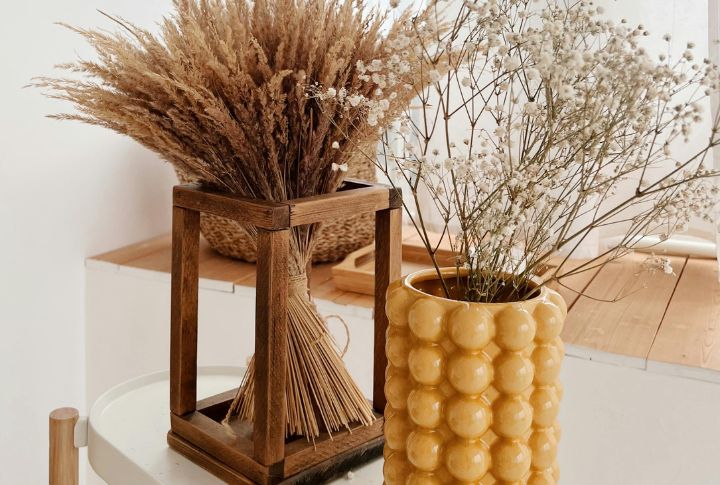
It’s easy to get sucked into that endless cycle of fast decor pushed by big box stores. Look at those cheap vases and baskets: they look great on Instagram today, then end up in tomorrow’s landfill. Chasing the newest trend simply means continually bringing in and throwing out stuff that never makes a home feel complete or thoughtfully curated.
Seasonal Or Themed Decorations
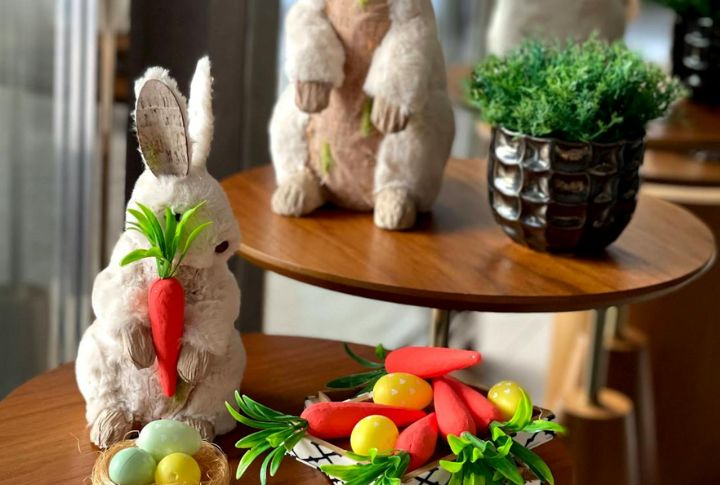
Suddenly, your perfectly organized storage space is overflowing with giant bins of holiday clutter. Retailers bombard us with new trinkets for every calendar event, from Easter bunnies to Thanksgiving gourds. These temporary visuals fill up storage and leave a lingering sense of environmental guilt once discarded.
Multiple Decorative Pillow

Take a look at your couch filled with pillows for sitting, or only for show. All the small, fluffy items are surprisingly big culprits in the battle against mess, constantly needing to be arranged and moved. Decorative overload doesn’t actually add comfort or function; it just adds the stress of keeping up with ever-shifting patterns and textures.
Novelty Mugs And Drinkware
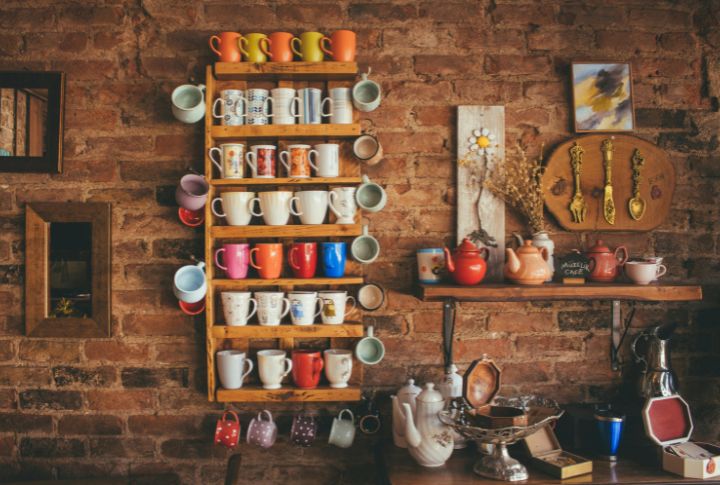
Every trip or holiday seems to add another fun piece of glassware to the kitchen. That collection of commemorative cups quickly multiplies and takes over every shelf. It’s important to set a clear limit on the single-purpose items and keep only a practical set that covers all needs. This prevents cabinets from turning into a chaotic museum of unused, dusty novelties.
Wall Art With Generic Quotes
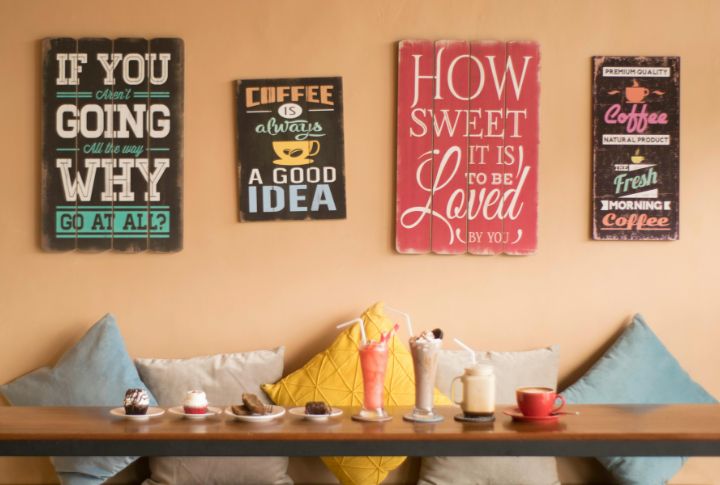
Somewhere, someone decided that mass-produced sentiment was the perfect wall filler. These factory-made quote pieces, full of inspiring-sounding but empty phrases, crowd up visual space. Real art is personal and meaningful; otherwise, a clear wall is far better than one covered in generic, noisy catalog scraps.
Collectible Figurines Or Merchandise
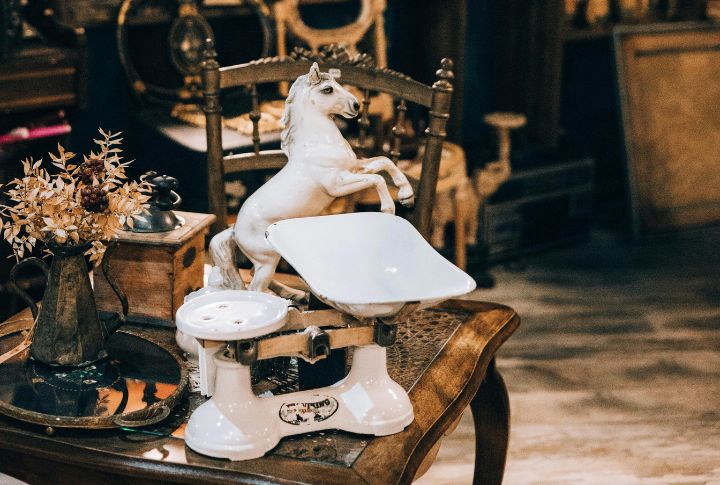
The urge to own a piece of a favorite franchise or a limited-edition statue is strong. At first, it feels like a special, treasured buy, but those mass-produced items often end up collecting dust, losing their shine. Lasting bonds are built through memories, not through objects that gather dust.
Artificial Plants And Flowers
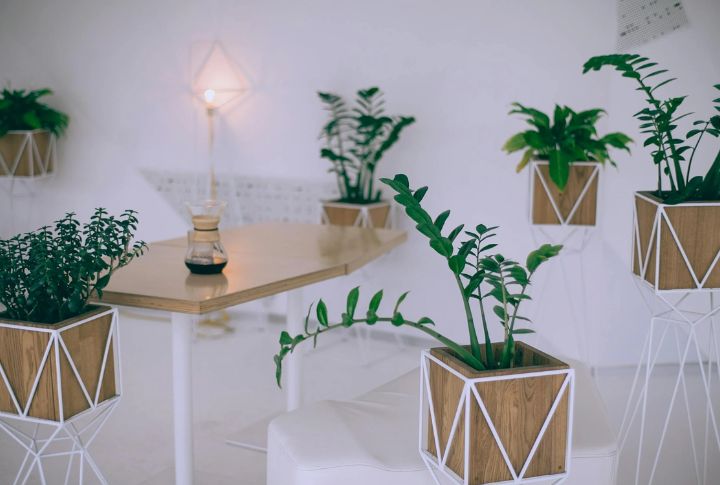
Fake greenery seems like a great idea: no watering, no dying. However, plastic decorations are merely dust magnets that bring zero life to a space. Unlike living plants, which purify the air, synthetic botanicals simply sit there, inert, and contribute to plastic waste when they are eventually tossed out.
Souvenir Trinkets
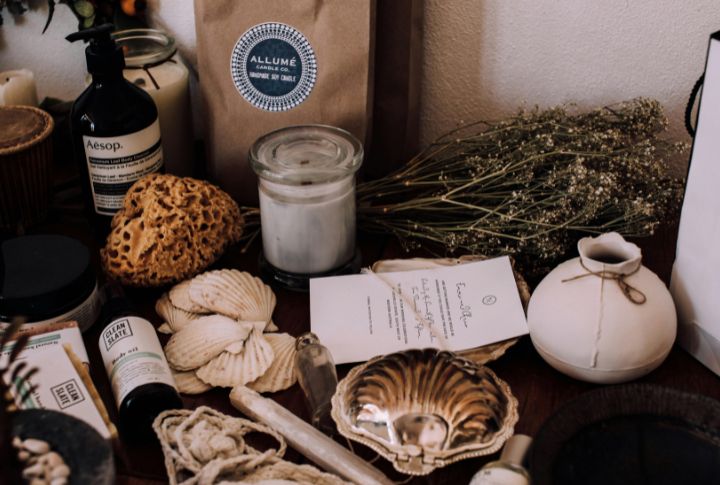
Vacations should give you amazing memories, not a suitcase stuffed with cheap little wooden or ceramic trinkets. The thrill of buying a souvenir fades fast once you get home and need to find space for it. People now enjoy the experience without extra baggage and prefer high-quality photos over clutter.
Excessive Candles Or Candle Holders

You walk down a store aisle and the scent of a new candle calls to you. It’s easy to end up with a huge stockpile of half-used wax and dozens of different holders. This multiplication of accents quickly leads to unnecessary surface mess. Keeping a very small, practical selection ensures items are used and enjoyed, rather than just becoming dust-collecting decor pieces.
Table Runners And Unused Decorative Linens
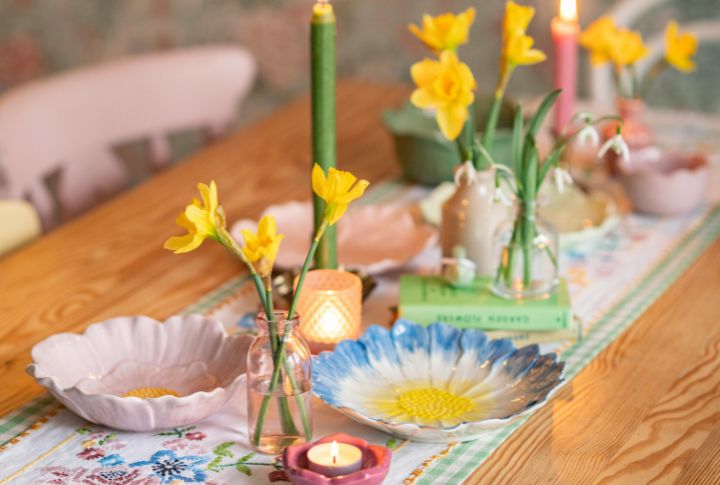
Those purely ornamental textiles, like extra table runners, demand attention without providing any real function. The visual noise of unused linens creates a subtle but persistent mental strain. A space cleared of such cluttered items brings refreshing clarity, surrounded only by purposeful, regularly used pieces.

